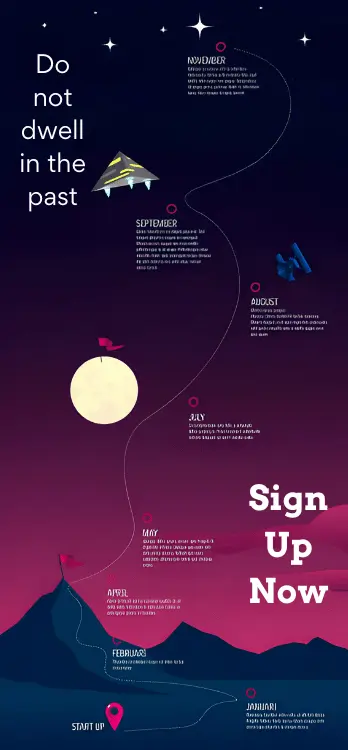Featured Stories
View MoreStreamlining Operations and Enhancing Rider Experience The public transportation sector is embracing Artificial Intelligence (AI) to overhaul operations, reduce costs, and improve passenger experiences. With challenges like route optimization, maintenance scheduling, and service quality on the rise, AI technologies offer…
Trending Now
Driving Efficiency and Sustainability Waste management is a critical yet often overlooked component of urban infrastructure. Artificial Intelligence (AI) is beginning…
Join the AI Revolution!
Dont Miss!
AI News
Amplifying the Sports Industry with AI: Game-Changing Strategies with PeakMet Introduction: Revolutionizing Athletic Performance and Fan Engagement As the sports world…
More Top Stories
Advancing Urban Development: How AI and PeakMet Are Shaping Smart Cities Introduction: A Vision for Tomorrow’s Cities The blueprint for future cities…
Introduction: A Fresh Perspective on Hospitality Management In today’s hospitality landscape, where guest expectations are ever-evolving and operational demands continuously rise, Artificial…
Catalyzing Sustainability in Environmental Management with AI and PeakMet Prologue: Nurturing Nature with Advanced Intelligence In the sphere of environmental management, the…
Enhancing Creative Industries with AI: The PeakMet Pathway Foreword: Igniting Creativity with Artificial Intelligence The creative industries, spanning arts, media, design, and…
